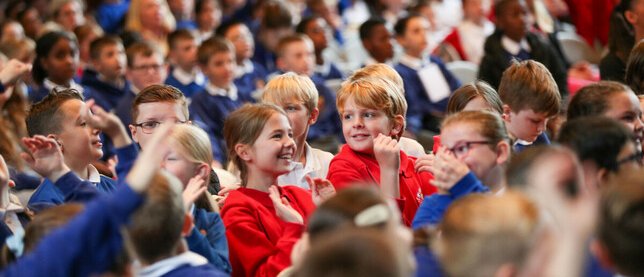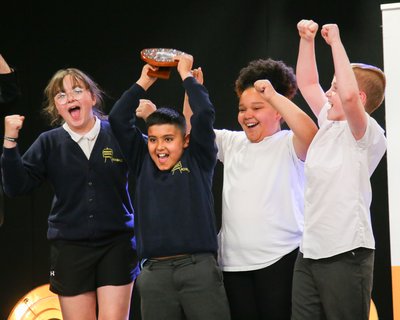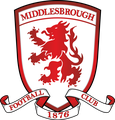Middlesbrough

The National Literacy Trust has been working in Middlesbrough for over a decade to inspire a lifelong love of reading in families across the town.
We believe that literacy is for everyone. This is why we’re working at the heart of the community – alongside partners like schools, libraries, football clubs and foodbanks – to empower children and young people with the literacy skills they need to succeed.
Over a decade of experience: Our approach in Middlesbrough
Discover our story in Middlesbrough
Sing with me
It’s never too early – or too late – to start singing with your little one.
Our Sing With Me booklet has eight popular nursery rhymes for you to sing with your child - each with simple tunes and lyrics. They can be enjoyed whether your little one is five weeks, or five years old.

10 years in Middlesbrough
Discover how we are changing lives in Middlesbrough through the power of literacy.
-
Discover how Helen developed a love of reading aloud to her premature baby James with the help of the National Literacy Trust in Middlesbrough.Learn more about How the National Literacy Trust in Middlesbrough impacted one family's story.
-
Skyla is 10 and lives in Middlesbrough. She loves reading but this hasn’t always been the case. Discover how taking part in our activities helped her grow a love of booksLearn more about How Skyla discovered a love of reading.
-
Best-selling author and ambassador at the National Literacy Trust, Adele Parks reflects on our approach and the impact our Middlesbrough-based initiatives have to change the life...Learn more about Adele Parks reflects on our place-based approach in Middlesbrough.
How to get involved
Join our Literacy Champion volunteers
Literacy Champions are self-led volunteers who are passionate about making a difference to literacy in their community or organisation. We help them to host reading or writing groups and share activities, resources, advice and books across their community.
Are you a school in Middlesbrough?
We work alongside teachers and school librarians to ensure that every child leaves school with literacy skills for life. We work in the classroom to deliver inspiring and evidence-based programmes that promote a love of reading and the importance of book choice.
Are you a local organisation, passionate about your region?
Our work wouldn't be possible without our incredible partner organisations - including football clubs, foodbanks, museums and parks. If you work for an organisation in Middlesbrough and are interested to support us, we'd love to hear from you!
For all questions and queries, get in touch via email Middlesbrough@literacytrust.org.uk.



